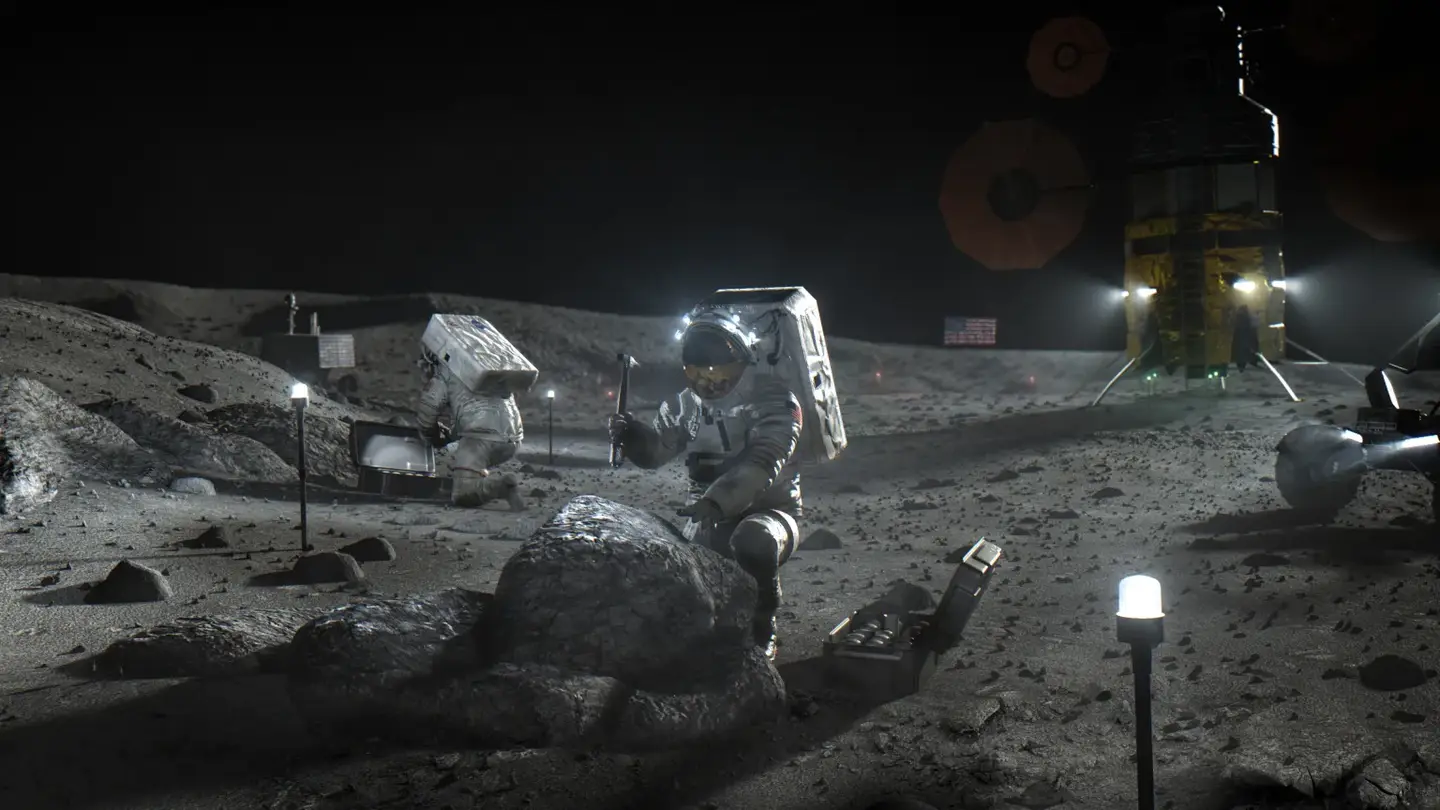Singularity University’s Global Summit Kicks off Today in San Francisco

Share
Singularity University’s (SU) third annual Global Summit begins today in San Francisco, running through Wednesday, August 22. The Singularity Hub team will be there to give you a look inside the event with articles covering all the best talks, and you can go here to watch the event livestream.
Global Summit showcases trends in emerging technologies and explores how they’re converging within several industries, as well as how they can help solve the world’s biggest challenges.
Artificial intelligence experts like Suzanne Gildert and Neil Jacobstein will discuss what a world completely transformed by machine learning and AI might look like, and what the role of humans in it will be. World Bank Lead Economist Wolfgang Fengler will talk about how we can use data to understand the impact we’re having on the world, and to solve some of our greatest challenges.
In addition, 2018 marks SU’s 10-year anniversary, and company co-founders Ray Kurzweil and Peter Diamandis will take us back to the origins of SU and look ahead to what they hope the next 10 years will bring. Additional speakers at Global Summit will dive into subjects including:
- How exponential technologies can help distribute abundance more evenly around the world
- How autonomous vehicles will transform the way we move from point A to point B
- The breakthrough mixed reality applications that will transform how we see, hear, and feel
- How decentralized networks like bitcoin can help strengthen civil liberties
- Why the combination of data and innovation means we can have the ability to feed our growing global population
To get a taste of what’s in store, check out the below selection of stories from last year’s event, and be sure to tune in for this year’s coverage all this week and next.
NASA Made This Technology for Space—Now, It Will Improve What We Eat
“A single hyperspectral image can provide information about pH, color, tenderness, lean fat analysis, and protein content. The technology combines digital imaging, or computer vision, with spectroscopy, the technique of acquiring chemical information from the light of a single pixel. A sensor processes light and measures how it’s reflected across hundreds of continuous wavelengths. “What this means in practice is you can take an image of a food product and understand the nutritional content, the freshness levels, and how much protein, fat, or moisture it contains,” Ramanan said.”
Civilization Is Breaking Down—Here’s What We Need to Do About It
“As we move towards abundance, Ismail believes we need to move towards a social structure that embodies the female rather than the male archetype. For starters, Ismail said, “We need to architect our organizations and institutions for flexibility and adaptability.” Existing incentive models in business focus heavily on short-term indicators like quarterly earnings and are not set up for long-term changes. But the most successful companies have turned these models on their heads, with leaders like Jeff Bezos, Mark Zuckerberg, and Larry Page refusing to steer their companies in the status-quo direction.”
Which of These Emerging Technologies Will Be the Next Big Thing?
“Forecasting the cycles of hope and hype in technology is still incredibly difficult, and no one gets it just right. Some exciting technologies seem to be just around the corner, only to die out or hit unexpected roadblocks and get kicked ever further down the road. Still, we live in a pretty amazing time in history, and over the decades, some emerging technologies will rise up and affect our lives profoundly.”
Be Part of the Future
Sign up to receive top stories about groundbreaking technologies and visionary thinkers from SingularityHub.


These 7 Forces Are Changing the World at an Extraordinary Rate
“ ‘If you think there’s an arms race going on for AI, there’s also one for HI—human intelligence,’ Diamandis said. He explained that if a genius was born in a remote village 100 years ago, he or she would likely not have been able to gain access to the resources needed to put his or her gifts to widely productive use. But that’s about to change.”
Risk Takers Are Back in the Space Race—and That’s a Good Thing
“Exponential technologies—such as 3D printing, computing, and robotics—are a big reason feats that were once the sole domain of a few governments are becoming possible for startups with a team of 50 or 100 talented workers. ‘We always talk about space being a place where spin-offs happen, where we would go spend a lot of money on Apollo and, in exchange, we get Teflon and cordless drills,’ Wagner said. ‘And it turns out, now we’re back in a part of the cycle where space is where spin-ins are happening.’ ”
The Hyperloop Is Now More Than Just a Crazy Idea, But Will It Really Take Off?
“Critics suggest maintaining the required low pressure will prove a Sisyphean task over hundreds of miles. Others say seismic activity or subsidence could push the tube dangerously out of alignment. It’ll also be difficult to protect the system from attack. And in case of emergency how easy will it be to evacuate? Then there’s the cost to build and maintain what amounts to a brand new and simply massive bit of infrastructure. These challenges, especially cost, get relevant when you go from prototype to scale. So, paper to prototype is a leap forward, but prototype to production may be a bigger one.”
Why Empowering Women Is the Best Way to Solve Climate Change
“The total atmospheric CO2 reduction of 119.2 gigatons that could result from empowering and educating women and girls makes this the number one solution to reversing global warming. ‘A girl who is allowed to be in school and come to be a woman on her terms…makes very different reproductive choices,’ Hawken said. ‘And when we modeled this we modeled family planning clinics everywhere. Not just in Africa, but in Arkansas. Women everywhere should be supported in their reproductive health and well-being for their families.’ ”
Image Credit: Stefig Photo / Shutterstock.com
Related Articles

This Week’s Awesome Tech Stories From Around the Web (Through February 14)

Vast ‘Blobs’ of Rock Have Stabilized Earth’s Magnetic Field for Hundreds of Millions of Years

Elon Musk Says SpaceX Is Pivoting From Mars to the Moon
What we’re reading
